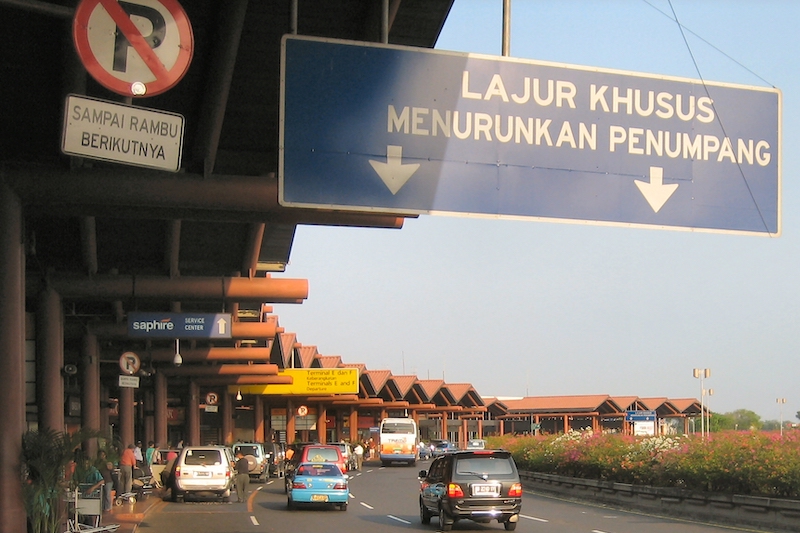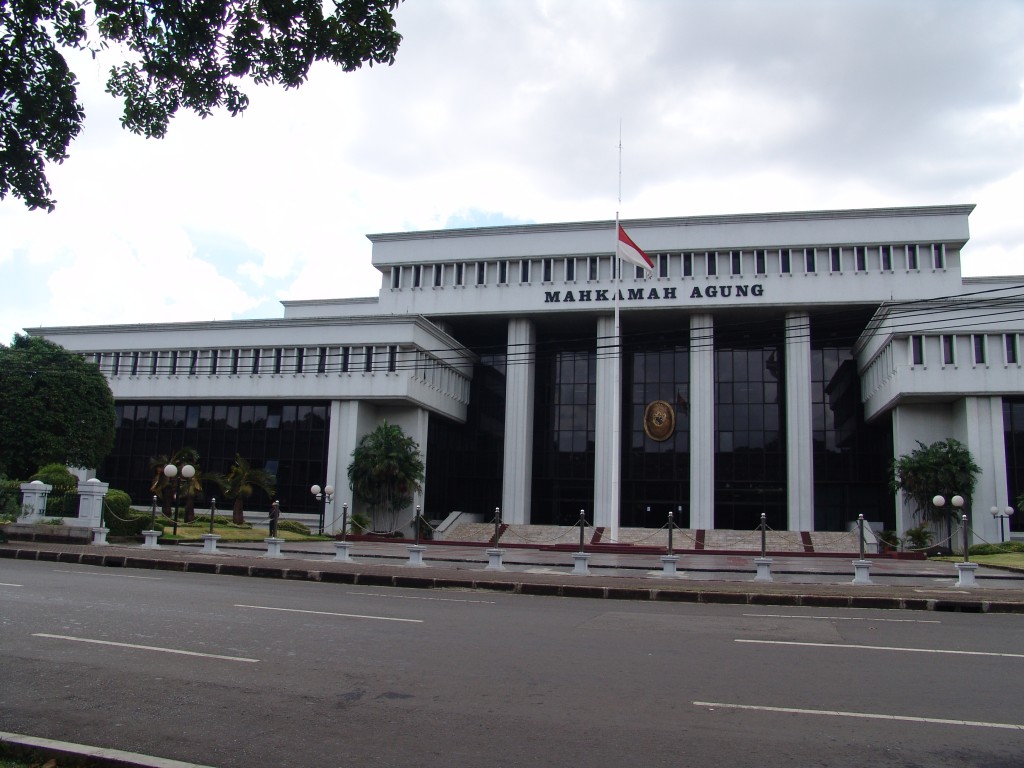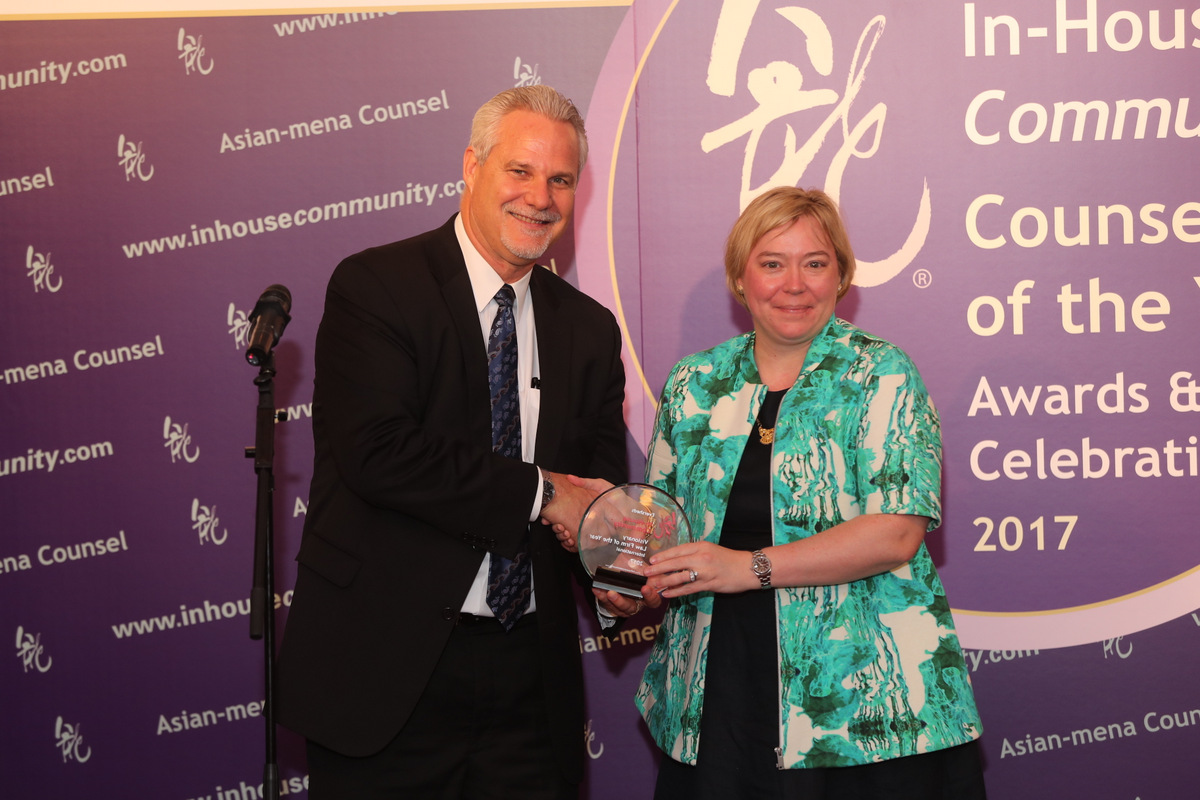In early August 2019, the Indonesian Minister of Manpower amended Minister of Manpower and Transmigration Regulation Number 19 of 2012 on The Requirements for Outsourcing (“MOMR 19/2012”) by issuing Minister of Manpower Regulation Number 11 of 2019 on the Second Amendment to Minister of Manpower and Transmigration Regulation Number 19 of 2012 on The Requirements for Outsourcing (“MOMR 11/2019”). MOMR 11/2019 aims to simplify manpower outsourcing requirements to adjust to current needs.
Law Number 13 of 2003 on Manpower (“Manpower Law”) and MOMR 19/2012 recognize 2 types of outsourcing: (i) Business Activities Outsourcing and (ii) Manpower Outsourcing. MOMR 11/2019 only changes the requirements for Manpower Outsourcing. It does not amend those for Business Activities Outsourcing. Therefore, we do not discuss Business Activities Outsourcing below, but only focus on Manpower Outsourcing.
Under Article 66 (1) of the Manpower Law, in principle, the work outsourced in Manpower Outsourcing should be considered ‘supplemental work’, not related to the production process of the user (ie. its core business). MOMR 19/2012 only allowed Manpower Outsourcing for the following services:
- cleaning services;
- worker catering services;
- security guard services ;
- mining and oil industry support services; and
- employee transportation services.
The main highlight of MOMR 11/2019 is that the administration of the approval required from the Manpower Office is now performed online and transferred through the Online Single Submission (“OSS”) system. The OSS system is a web-based business licensing system introduced and operated to try to reduce administrative red tape and make obtaining business permits in Indonesia faster and more efficient.
Highlights
The licensing requirements for an Outsourcing Company (“Provider”) have now been adjusted to integrate them into the OSS system. In addition, an Outsourcing Business License issued through the OSS system now covers the whole nation.
Registration of Outsourcing Agreements
Previously, MOMR 19/2012 required Manpower Outsourcing Agreements to be registered with the Manpower Office within 30 days of the date on which the agreement was signed. This time limit has been eliminated by MOMR 11/2019. As a consequence, there is now no specific time limit for registering a Manpower Outsourcing Agreement with the Manpower Office, although the registration obligation still remains. MOMR 11/2019 also simplifies the requirements for registering a Manpower Outsourcing Agreement as it only requires the following documents to be submitted: (i) the application to the Manpower Office; and (ii) the Manpower Outsourcing Business License.
The timing of the issuance of the Registration Certificate has been reduced to 3 business days as of completion of the required documents while previously, it was 7 business days.
Sanctions
Under MOMR 19/2012, the Provincial Manpower Office would be able to revoke the license of a Provider if it performs outsourcing work without registering the Manpower Outsourcing Agreement. This sanction has been amended under MOMR 11/2019; if a Provider performs Outsourcing Work without registering the Manpower Outsourcing Agreement, it will now only be liable to an administrative sanction, as follows:
- a written warning, which will be issued by the Provincial Manpower Office; and
- a suspension of business activities, which will be issued by the Minister based on a recommendation from the Provincial Manpower Office.
The Requirements for a Manpower Outsourcing Business License
Under MOMR 11/2019, to obtain a Manpower Outsourcing Business License, Providers only need to submit an application to the OSS Agency and satisfy the following requirements:
- be a legal entity and engaged in manpower outsourcing services; and
- hold a Business Identification Number (Nomor Induk Berusaha – NIB).
Manpower Outsourcing Business Licenses are now issued by the OSS Agency on behalf of the Minister of Manpower and cover all of Indonesia. In addition, licenses are now valid for as long as the Provider continues its business activities.
Employment Agreements between Providers and their employees
Providers and their outsourcing employees must enter into either (i) a Fixed Term Employment Agreement; or (ii) a Permanent Employment Agreement and register it with the Manpower Office where the work is performed. However, no sanction will now be imposed on a Provider for not registering the employment agreements. Previously, under MOMR 19/2012, if the employment agreements were not registered with the Manpower Office, the license of the Provider would be revoked.
Transitional Phase
From the date on which MOMR 11/2019 came into effect, existing Manpower Outsourcing Business Licenses of Providers remain valid until their expiry, but Providers must register their licenses in the OSS system. Meanwhile, if a license has been applied for but not issued yet, it will now be processed through the OSS system.
Conclusion
Whilst MOMR 11/2019 simplifies a couple of areas and reduces the sanctions for non-compliance, both users and Providers do need to be still aware of the restrictive and far-reaching breadth and scope of Indonesia’s outsourcing regulations. Indeed, the general principles of the regulations remain largely unchanged, and as mentioned above, MOMR 11/2019 does not apply at all to Business Activities Outsourcing. Given this, it could be argued that MOMR 11/2019 does not radically change the underlying structure of Indonesia’s outsourcing regime.
*****
M&T Advisory is an email publication prepared by the Indonesian law firm, Makarim & Taira S. It is only intended to inform generally on the topics covered and should not be treated as a legal advice or relied upon when making investment or business decisions. Should you have any questions on any matter contained in M&T Advisory, or other comments generally, please contact your usual M&T contact or advisories@makarim.com.
Contacts:
Lia Alizia – lia.alizia@makarim.com
Raditya Anugerah Titus – raditya.titus@makarim.com
























 Makarim & Taira S. (Old)
Makarim & Taira S. (Old) Rahayu Ningsih Hoed
Rahayu Ningsih Hoed







